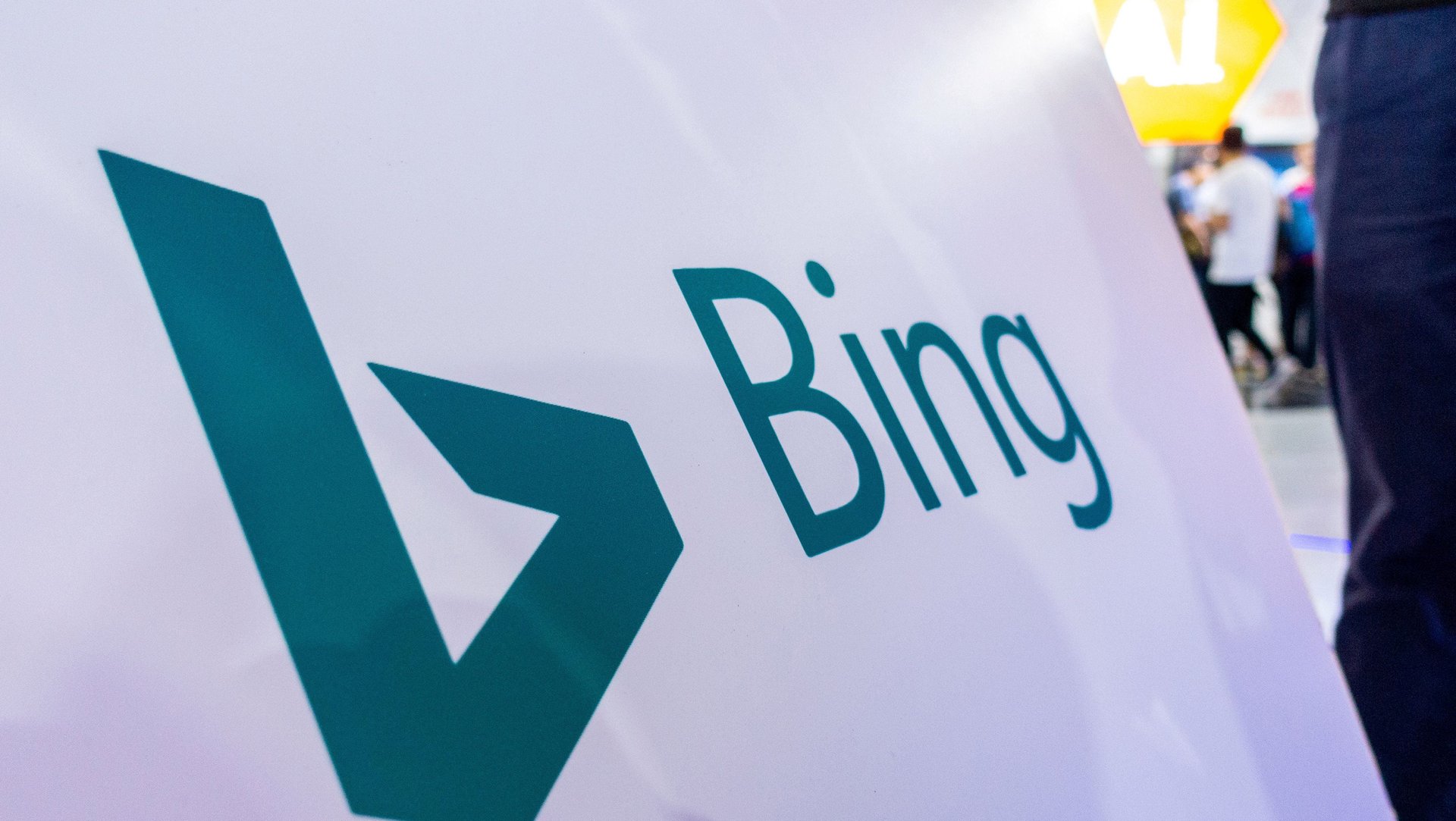Microsoft is repositioning Bing as a company search engine
Who uses Bing?


Who uses Bing?
Plenty of people in a Google-dominated world have puzzled over this in the 10 years since Microsoft introduced its internet search engine. And the question got raised again, if indirectly, during an October debate among the Democratic candidates for US president. In response to a query about government’s role in regulating tech companies, White House hopeful Andrew Yang pointed out that competition alone doesn’t always benefit consumers.
“It’s not like any of us wants to use the fourth-best navigation app. That would be like cruel and unusual punishment,” said the former tech entrepreneur. “There’s a reason why no one is using Bing today. Sorry, Microsoft. It’s true.”
So who uses Bing today? According to Microsoft, Bing holds 25% of the US search-engine market. Other estimates aren’t as kind. Globally, the numbers are much smaller still, with Bing holding an estimated 3% share of the market worldwide, versus Google’s 93%, according to StatCounter Global Stats.
But while Google dwarfs the competition in search traffic, Bing is the underlying mechanism supporting search capabilities for applications like Outlook and Microsoft 365. So rather than trying to compete with Google directly, Microsoft is perhaps wisely shifting Bing from a general-purpose engine to one focused on catering to businesses. Companies will now have the ability to create private, internal search results on Bing, so their employees can save time searching for information.
Examples of the kind of searches where Bing hopes to be more helpful include queries about office locations and floor plans (with directions), the meaning of company acronyms, and the specifics of internal policies (for instance, how long is the parental leave policy?). Microsoft is also rolling out a revamped Microsoft Edge web browser, as well as the ability to turn off tracking cookies on any site, and a feature that will vet for phishing.
Microsoft is in a good position to do all of this. It has amassed large amounts of data from being connected to multiple services and apps that contain information—such as usage trends, meeting times, and team information—from Fortune 500 companies.
The search engine also has gotten smarter. Microsoft says that users can now type out a vague search query, as though they were having a normal conversation, and the engine, which can better understand the user intent of the search, will pull up the most accurate information. The new features also can deliver recommendations about employees who have particular skills, expertise, and experience, and even point to specific things people are working on.
Microsoft “basically has a copy of the internet as a training set and still a ton of public users,” says Gartner analyst Darin Stewart. “It’s not going to make Bing a household name, but it does lend to some gravitas to Microsoft search.”
This move also reflects how intertwined the web and work has become. Workers today are deluged by information and by all of the web’s capabilities. Yusuf Mehdi, corporate vice president for Microsoft’s “modern life, search, and devices group,” recalls Microsoft founder Bill Gates, several years ago, asking him why he could find hundreds of millions of documents on the web in a fraction of a second, but when it came to finding a document on Microsoft’s intranet—a private network used to securely share company information—he couldn’t seem to find what he needed.
Microsoft cites a McKinsey report claiming that managers and other white-collar professionals spend nearly 20% of their workweek “looking for internal information or tracking down colleagues who can help with specific tasks.” According to Mehdi, Microsoft’s new search tools would give office workers most of that time back.
Looking for more in-depth coverage of Microsoft? Sign up for a free trial of Quartz membership, and read our complete guide to Microsoft’s resurgence.